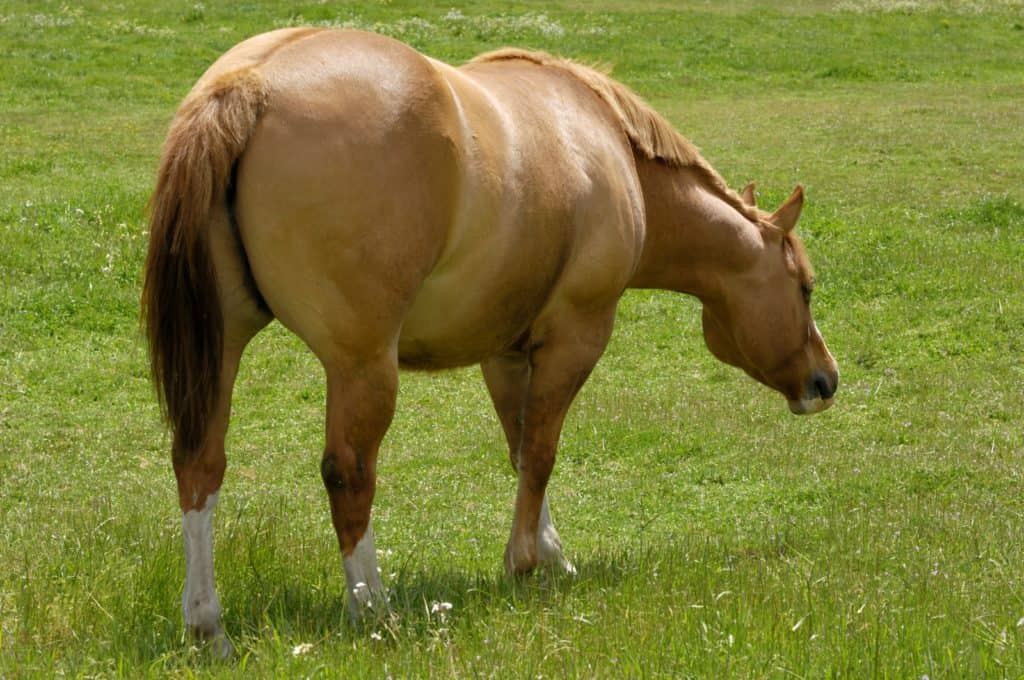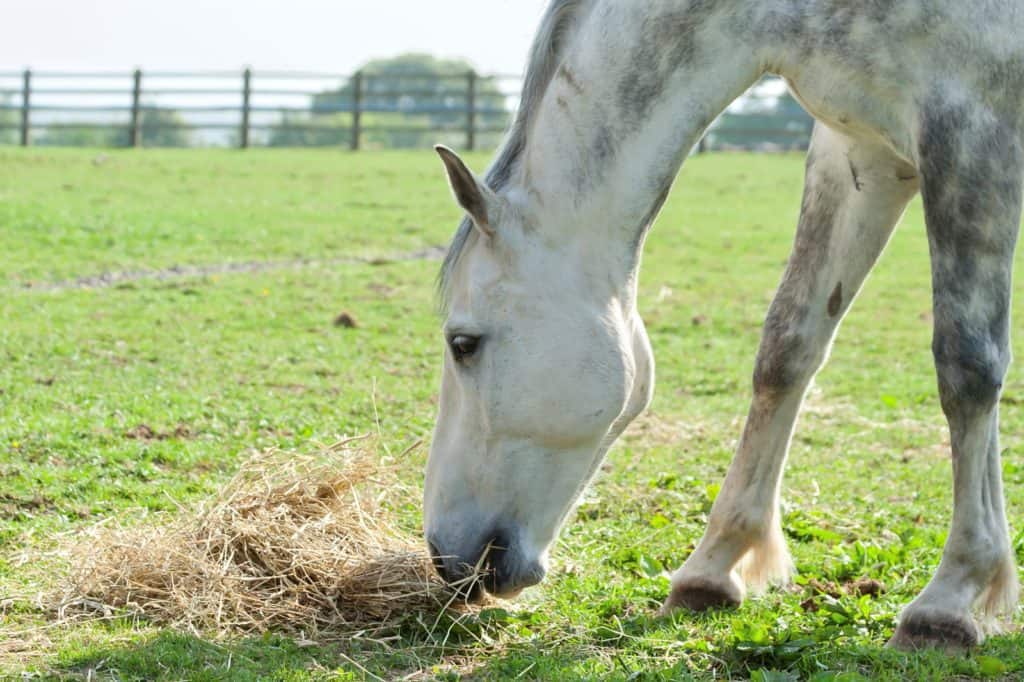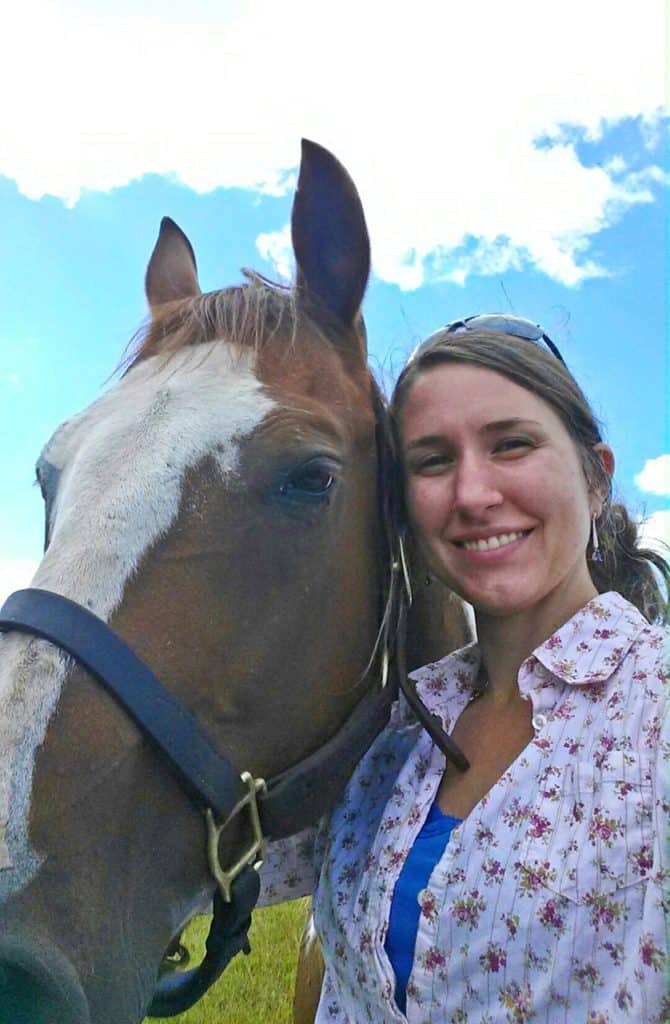
Autologous Conditioned Serum Composition Evaluated
This treatment uses the horse’s blood to generate serum enriched with growth factors and anti-inflammatory mediators.

This treatment uses the horse’s blood to generate serum enriched with growth factors and anti-inflammatory mediators.

Of the 674 respondents, 614 (91%) said their horses’ daily diet includes grain, feed, concentrates, or supplements.

Despite the growing body of research into senior horses’ health, their exact causes of death remain poorly documented.

Learn about this frustrating contagious equine skin disease and how to prevent its spread.

Horses with chronic laminitis should be closely monitored during treatment and recovery. Here’s what to consider.

Researchers recently described a novel and still experimental procedure designed to treat PPID with positive results.

The team confirmed that EMS horses aren’t always fat, but that obesity can point to an underlying metabolic condition.

Researchers determined that both veterinarians and owners need more equine nutrition education.

These micronutrients found in forage, feeds, and supplements help support the athletic horse’s health.

Frequent findings included osteoarthritic changes, sclerosis, and mild bone spurs, among others.

Siard is studying inflamm-aging in senior horses, polyphenols as anti-inflammatory treatments, and more.

Corneal degeneration and calcific band keratopathy are a lot alike, but have some key differences, researchers found.

Survival rates were high, and a surgical procedure could help prevent recurrence of this type of colic.

Owners should watch senior horses closely for signs of decline and contact their veterinarians if problems arise.

Adam’s research studies the formation and repair of articular cartilage in horses.

While hoof boots aren’t a permanent solution for chronic laminitis, they can provide customized support and pain relief.
Stay on top of the most recent Horse Health news with
"*" indicates required fields